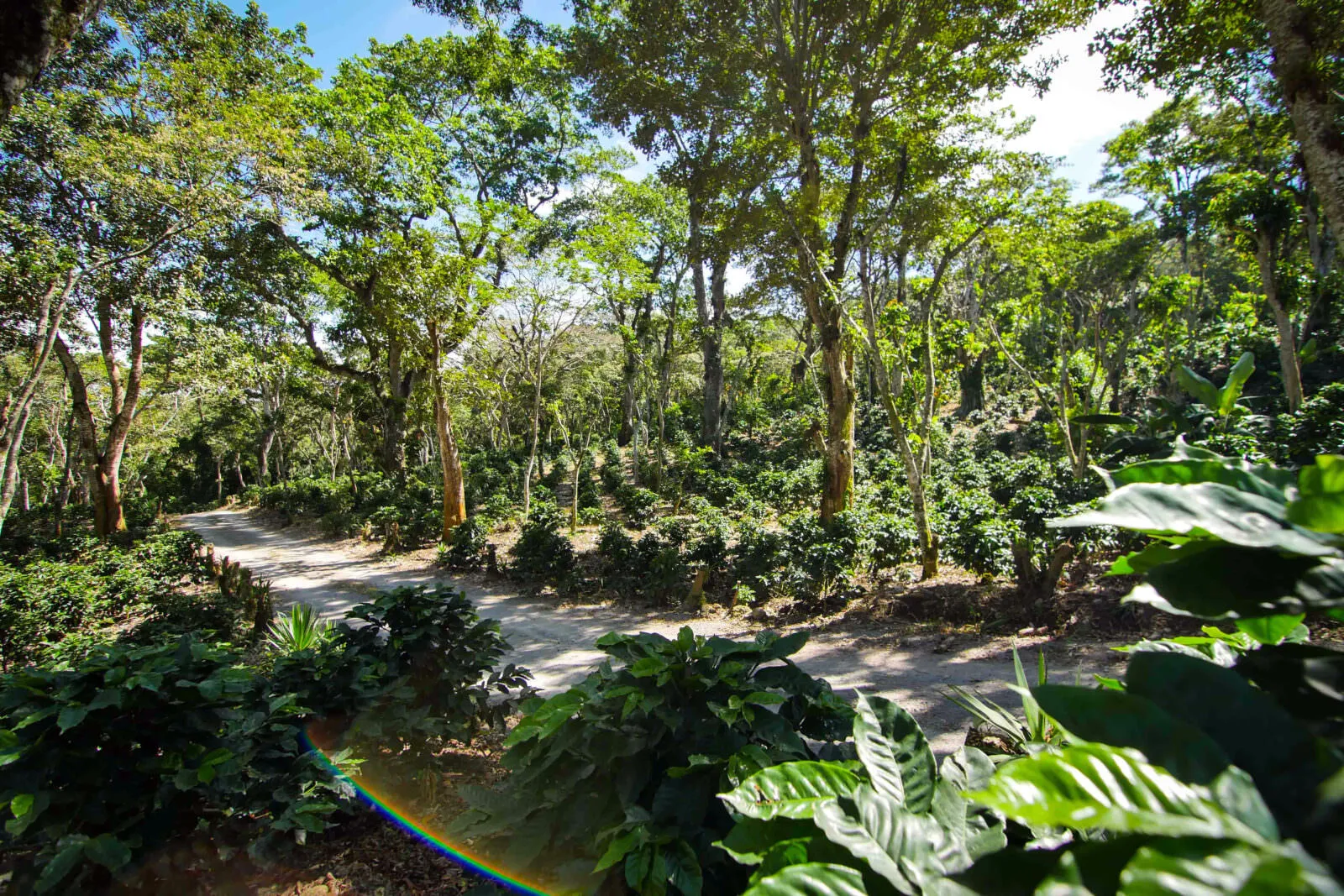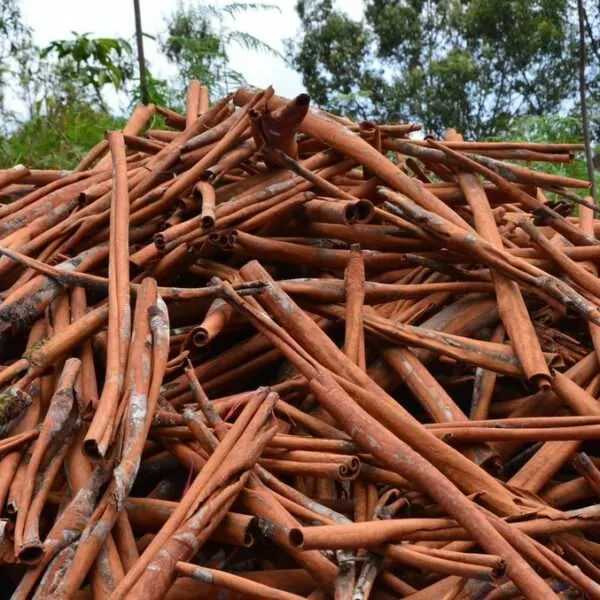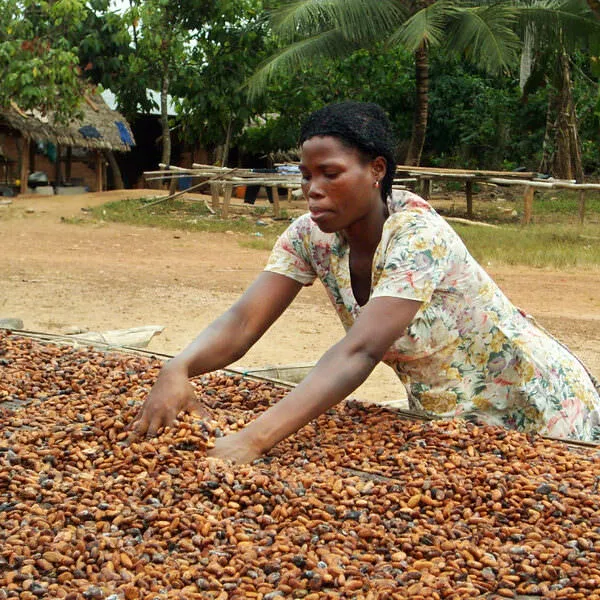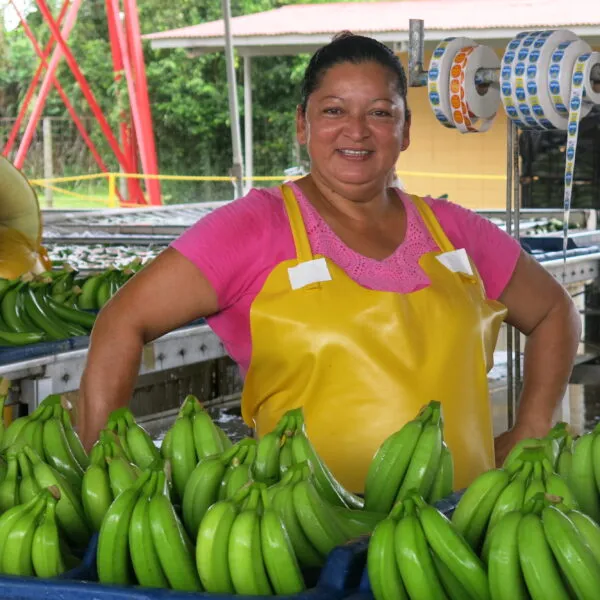For almost 40 years, the Rainforest Alliance has worked to restore the balance between people and nature. With farmers and forest communities at the center, we pioneered certification as our main tool for achieving impact. Today, more than 7.5 million farmers and farmworkers are part of our alliance, alongside 7,600 company partners. As one of the largest sustainability certification programs in the world, we are proud to say that certification is transforming markets for a better future.
However, with climate and nature at a tipping point, the time is now to fix our carbon-intensive and biodiversity-damaging food systems. In order to speed up the regenerative and net-positive transformation of our agricultural sectors and improve the livelihoods of those who work within them, we are evolving certification to make it work even better for farmers and companies.
What’s driving this evolution?
- We listened to feedback
You spoke; we listened. We are making our certification program more user-friendly and streamlined than ever before, removing unnecessary complexity and strengthening our data-driven approach. - We’re building on our experience
Through our decades of work in sustainable agriculture and forestry, we identified new opportunities to bring more people from farming communities and companies into our alliance— and more ways to deepen our impact with current partners. - We are adapting to an evolving regulatory environment
As new regulations and Environmental, Social, and Governance (ESG) frameworks emerge, certification must keep pace. Global initiatives, like EU legislation and the UN’s Guiding Principles on Business and Human Rights and Global Biodiversity Framework are driving changes in food systems, agriculture, forestry, and businesses. To ensure farmers and companies retain market access for certified products, we’re evolving our certification program to meet these growing expectations.
So, what’s changing?
We are streamlining and improving our certification program to make it more user-friendly and data-driven. This includes an updated Sustainable Agriculture Standard, version 1.4, alongside programmatic changes. Documentation for version 1.4 will be available online from March 2025, and the updated standard will apply to audits conducted from October 1, 2025 onwards. In March, we will also introduce a Simplification Policy for version 1.3, so that farmers and companies can start benefiting from some of these positive changes before version 1.4 takes effect.
The main changes in version 1.4 of our Sustainable Agriculture Standard cover:
- Simplified certification requirements: We are retaining requirements that have proven to be the most valuable for both farmers and companies and removing those that were adding unnecessary burden or complexity.
- More targeted inspections and audits: We are taking steps to reduce the time and resources required from farmers, supply chain actors, and Certification Bodies for both internal inspections and audits. This will support our third-party auditors to deliver more focused, impactful results. High-performing farmers will benefit from reduced sample size and scope of audits, and outstanding performance will be rewarded with less frequent audits. Verification of supply chain actors will be based on risk level, potentially requiring audits to only occur every 2-3 years.
- Increased data quality and focus: We are streamlining our data approach to concentrate on the data points essential for supporting market needs and continued legislative alignment. The consolidation of all numerical data points into one clear list, simplifies reporting for farmers while enhancing attention to data quality. Increased data verification and validation by Certification Bodies, along with better training, guidance, and digital tools, will further support more accurate reporting for all stakeholders.
These changes will increase the efficiency of our program while upholding its integrity and ability to support authorized claims. We also remain committed to ISEAL Code compliance, and the Rainforest Alliance Certification Program will continue to provide data to support companies’ compliance with regulations like the EU Corporate Sustainability Reporting Directive, the EU Corporate Sustainability Due Diligence Directive, the EU Deforestation Regulation, and the German Supply Chain Act.
A more detailed overview of upcoming changes to the current standard is available here.
New Specialized Certification Solutions: In Development!
In addition to our updated Sustainable Agriculture Standard, we are excited to share that we are developing new specialized certification solutions for three critical impact areas: regenerative agriculture, climate, and livelihoods.
Available as optional add-ons for our current Certificate Holders or as standalone solutions for newcomers, these specialized solutions will provide farmers with increased market access and the opportunity to validate their specialist sustainability practices. For companies, it’s an opportunity to stand out, strengthen their sustainability commitments, and transparently report on ambitious ESG goals. With these solutions, we’re making it easier than ever to advance sustainability in ways that truly work for you. Stay tuned for the launch of our Regenerative Agriculture Standard in 2025—exciting details coming soon!
As the calls to do more to support people and nature become more urgent, we are listening and doing our part at the Rainforest Alliance. These new innovations reflect that mission. By evolving certification, we can bring more farmers and companies into our alliance to help tip the scales towards net positive.




